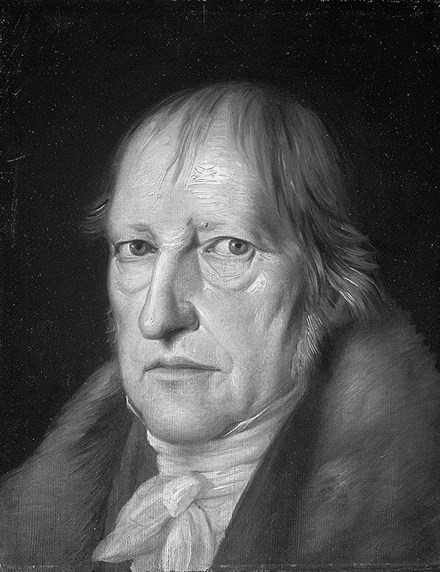
Publication details
Publisher: Palgrave Macmillan
Place: Basingstoke
Year: 2009
Pages: 64-77
ISBN (Hardback): 9781349307432
Full citation:
, ""Human" in the age of disposable people", in: Commitment and complicity in cultural theory and practice, Basingstoke, Palgrave Macmillan, 2009


"Human" in the age of disposable people
the ambiguous import of kinship and education in blind shaft
pp. 64-77
in: Begüm Özden Fırat, Sarah De Mul, Sonja van Wichelen (eds), Commitment and complicity in cultural theory and practice, Basingstoke, Palgrave Macmillan, 2009Abstract
In the essay "Letter on Humanism" (1977: 217–65), published soon after Germany's defeat in the Second World War, Martin Heidegger refers to the condition of homelessness as "coming to be the destiny of the world" (243). By homelessness, Heidegger means something more than not having a roof over one's head, even though the notions of dwelling and shelter are not at all excluded from his thinking. Heidegger's assertion of homelessness as the condition — not merely of the defeated but also of the victorious — of the modern world is part of a critique of the status of humanism in the West. From Roman times to the onset of Christianity, to the Hegelian phenomenology of spirit, the Marxist theory of labor, and Sartrean existentialism, Heidegger writes, every type of humanism, understood "in general as a concern that man become free for his humanity and find his worth in it" (225), has remained erroneously pre-occupied with the "throng of beings unthought in their essence" (235) and thus mired in metaphysics. In other words, despite considerable efforts by devoted thinkers, the concern with humanism has hitherto been ensnared — and limited — by a consistent failure to engage with the question of Being, that reservoir or reserve of irreducible surplus presence which sustains every human undertaking but which forever exceeds rational human consciousness.
Cited authors
Publication details
Publisher: Palgrave Macmillan
Place: Basingstoke
Year: 2009
Pages: 64-77
ISBN (Hardback): 9781349307432
Full citation:
, ""Human" in the age of disposable people", in: Commitment and complicity in cultural theory and practice, Basingstoke, Palgrave Macmillan, 2009




